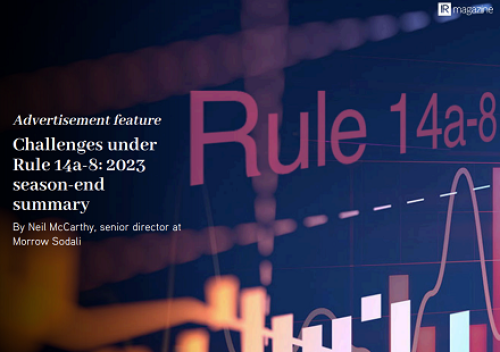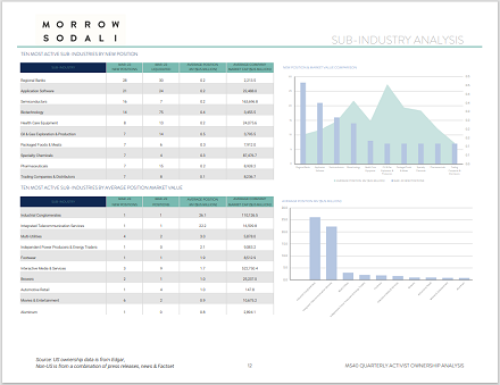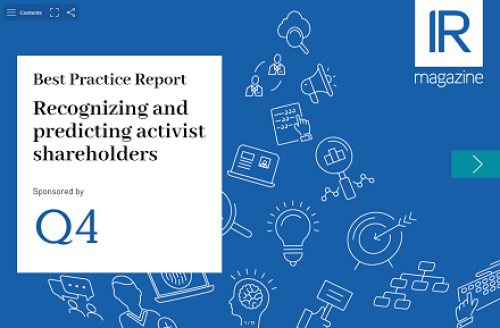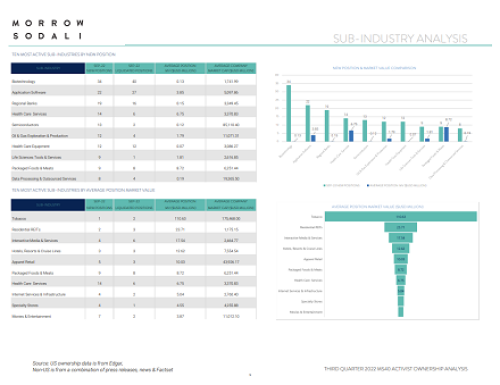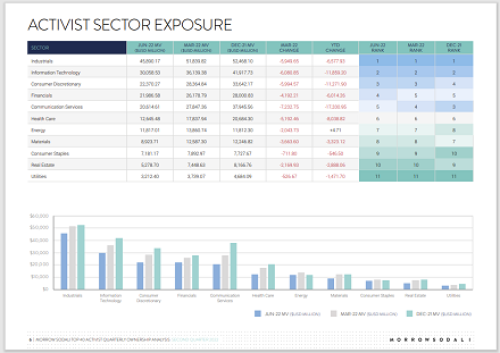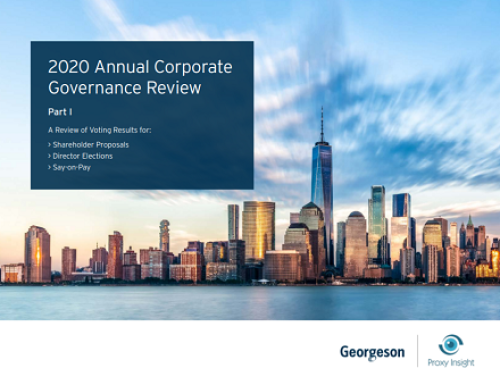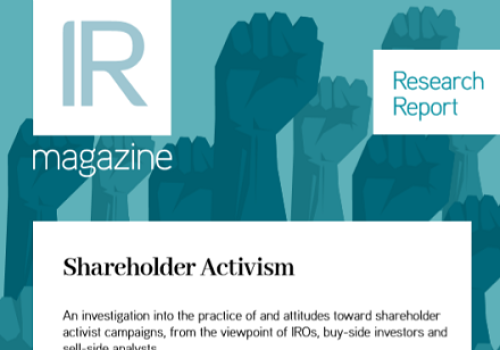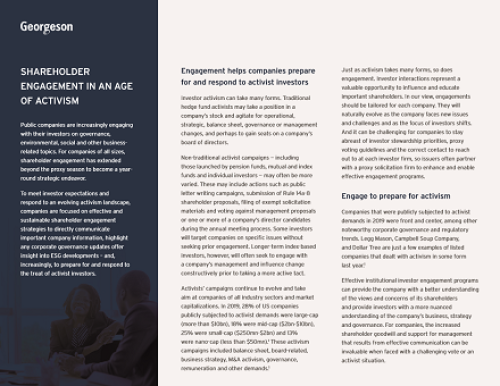When Vivendi rode into Ubisoft’s town in October 2015, the consensus view was that the latter was condemned, facing an opponent that was both financially strong and shrewd.
Fast-forward to the present and the picture is very different: the activist raider has left town, leaving little more than ripples in the sand. ‘Here we are, stronger than ever, with amazing support from our employees and shareholders and an evolved shareholding structure that has met with overwhelming appreciation,’ notes Jean-Benoît Roquette, senior vice president of IR at Ubisoft, looking back on how things have played out.
Sharing his thoughts on facing an activist investor, Roquette says the success is the victory of the company. ‘Ubisoft was built for the long term and has repeatedly demonstrated an exceptional ability to adapt to the fast-changing videogame industry,’ he explains. Even more impressive, the increased shareholder value created over the years has been achieved mostly organically.
Broken windows
To see off an activist, Roquette says, ‘you must identify every one of your weaknesses, every broken window. That’s what the activist investor is looking for.’
Once identified, solve those weaknesses and – if that is difficult – get your narrative ready. ‘At Ubisoft, we conducted this review with the help of our advisers, and the good news was there were few weaknesses the activist investor could go after,’ Roquette recalls. ‘We had full support from our shareholders. There were no broken windows.’
On top of challenging a company’s strategy and cost structure, activist investors like to target governance practices. ‘At Ubisoft, we have been engaging for years with our shareholders’ governance teams around each AGM in a very structured way,’ Roquette says.
Another factor is preparation. In the end, Roquette says the company prevailed because it spent years preparing for the possibility of an activist. He advises getting to know your challengers.
‘Understand how they operate and make sure everybody – analysts, investors, shareholders, journalists, employees, partners and government – knows about it,’ he suggests in true Machiavellian fighting-talk style. ‘Activist investors generally follow proven templates they have repeated for years or even decades. It’s crucial to reveal those templates to all concerned, so they can analyze what’s going on with informed eyes.’
Then in attack, play as a team: ‘You are in it for the long haul and you won’t achieve anything without support from other departments.’
Best protection
Bringing these challenging issues up to date, Roquette, based on his experience, can offer useful insight into the fact that, as we reported last month, European corporates lack a plan to deal with activist investors.
‘Activist investors will indeed target strategy, profitability, governance – I would add also a corporate’s culture, as it is easier to put pressure on managements that have a weak backing from their teams, notably in talent-driven companies,’ he says.
‘So don’t wait for an activist investor entry into your capital to react. Your best protection is to act today and make sure there are no broken windows. Make sure your strategy and earnings profile is well understood by the investment community. At Ubisoft we organize one investor day in the US and one in Europe every year. Engage with your shareholders on key topics like governance and remuneration: commit to change and deliver.
‘Build a strong corporate culture; this is not only good for long-term value creation, it is also a super-strong moat in the face of adversity. Additionally, just as you are building a trust relationship with the investment community and your talent, you should be doing the same with journalists.’
Journalists will obviously play a key role in any communications battle. ‘Investor relations should meet regularly with journalists on a background basis to provide them with sufficient information that will be very useful when facing the investor activist’s communication tactics,’ Roquette says.
IR Magazine also covered the multifaceted issues of activism here, especially those with an ESG focus.
‘At Ubisoft, we have seen a pretty strong increase in ESG questions from our shareholders over the past 12 months,’ observes Roquette. ‘We generally consider this a very positive evolution that favors companies with a long-term bias. We completely agree with BlackRock CEO Larry Fink on the need for a clear purpose and on his sense of inevitability.
‘At Ubisoft, our most important asset to create shareholder value is our talent. We need to make sure we are attracting the best people and giving them the means to deliver their full potential.
‘Our talent is pretty young, very engaged and very vocal on social networks. So clearly we are seeing the rise of ESG interest among our shareholders as something very positive to our equity story because it is in line with our business drivers.’
Join us at the IR Magazine Global Forum & Awards this October, where we’ll be joined by over 250 senior IR professionals from more than 30 countries. Learn how to shape the future of IR programs, recognize IR excellence and set global standards for shareholder communications. This year’s event includes:
- Two days packed with panel debates, case studies, interactive roundtable discussions and workshops
- Investors and analysts candidly sharing their views on good IR and working together in a post-Mifid world
- International heads of IR & CFOs sharing real-life examples of how IR programs have evolved in 2018-2019
- Dedicated networking time to learn from and build your global network of IR contacts
- The Global Top 50 presentation – IR Magazine’s definitive ranking of IR teams as determined by the investment community unveiled
Find out more and book your tickets here.


